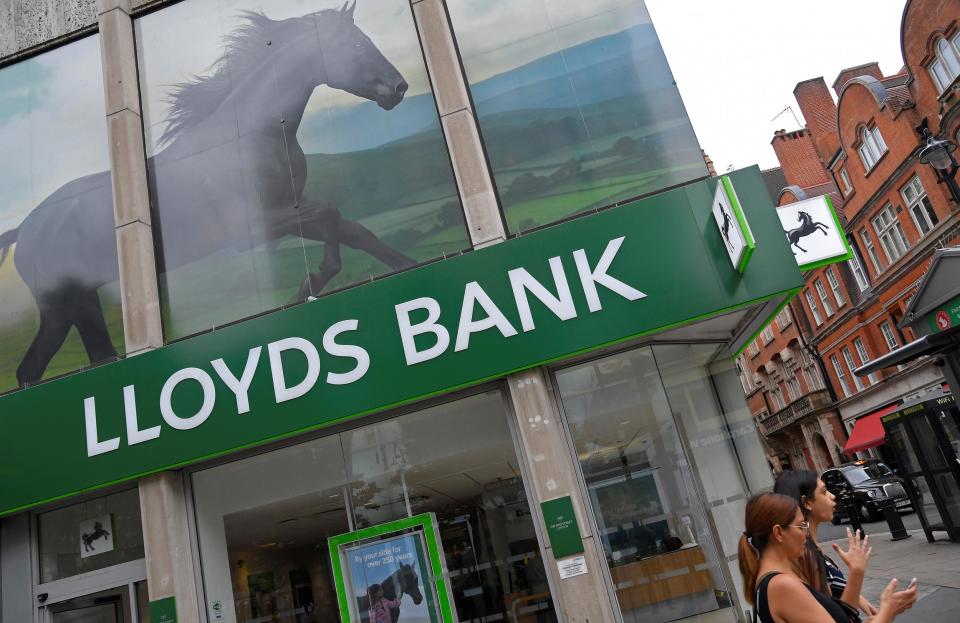Lloyds Bank profits jump 23% as Brexit uncertainty continues to weigh on share price

Lloyds Banking Group profits rose 23 per cent in the first half of 2018, as the lender hailed its progress amid political and economic uncertainty ahead of Brexit.
Pre-tax profit for the six months to 30 June was £3.1bn, up from £2.5bn in the same period of 2017, while earnings per share rose 45 per cent to 2.9p, from 2p.
Profits were boosted in part by the lower PPI charge recorded by the bank in the first half. Lloyds set aside £550m for PPI claims, including an additional £460m in the second quarter, which is around half the sum it allocated for that reason in the first six months of last year. The PPI misselling scandal has cost Lloyds more than £19bn over the past eight years.
Hargreaves Lansdown senior analyst Laith Khalaf said: “The huge jump in Lloyds’ reported profits can largely be summed up in just three letters – PPI. Next August marks the cutoff date for claims, which may flush out some more consumer activity, because there’s nothing that stimulates action quite like a deadline. In the short term that may mean Lloyds has to dip into its pockets again, but in the long run that’s going to free up a lot of cash for shareholders.”
Mr Khalaf added that while PPI had a major impact on Lloyds’ balance sheet, “underlying profit growth shows the bank is in rude health”.
However, he noted that the share price has not performed well in 2018 – the stock was up 2 per cent in early trading, but is down more than 5 per cent since the beginning of the year.
“That’s largely because Brexit means some investors don’t want to touch UK domestic companies like Lloyds with a bargepole,” Mr Khalaf said.
The bank’s CEO was optimistic on the subject of Brexit. “The UK faces a period of political and economic uncertainty in the runup to the UK’s departure from the European Union. However, the UK economy remains resilient and, excluding the impact of adverse weather, continues to demonstrate robust growth,” said Antonio Horta-Osorio.
“The economy is benefiting from the highest employment rate in half a century and household indebtedness remains significantly below pre-crisis levels, with strong growth in the world economy also positive for UK exports.”
Mr Horta-Osorio said Lloyds had made significant progress with its “transformational strategy” over the first half, a cost-cutting, digital-focused plan that has involved widespread branch closures and hundreds of job cuts.
“The group’s cost discipline continues to be a competitive advantage and enables greater investment capacity and increased returns,” he said.
“This transformation will generate further cost reductions, which will enable us to reduce our operating costs to less than £8bn in 2020. It will also enable us to further enhance the customer experience and continue to both improve our financial performance and to help Britain prosper.”
Emma-Lou Montgomery, associate director at Fidelity Personal Investing, said the bank’s decision to reduce branch numbers looked like a good one.
“Its famous black horse may have disappeared off many high streets up and down the country, but Lloyds Banking Group’s decision to turn tail and grow its digital business has paid off,” she said. “With their transformation programme seeing profits galloping ahead. The Lloyds management team will now have their eye on the home straight.”

 Yahoo Finance
Yahoo Finance 